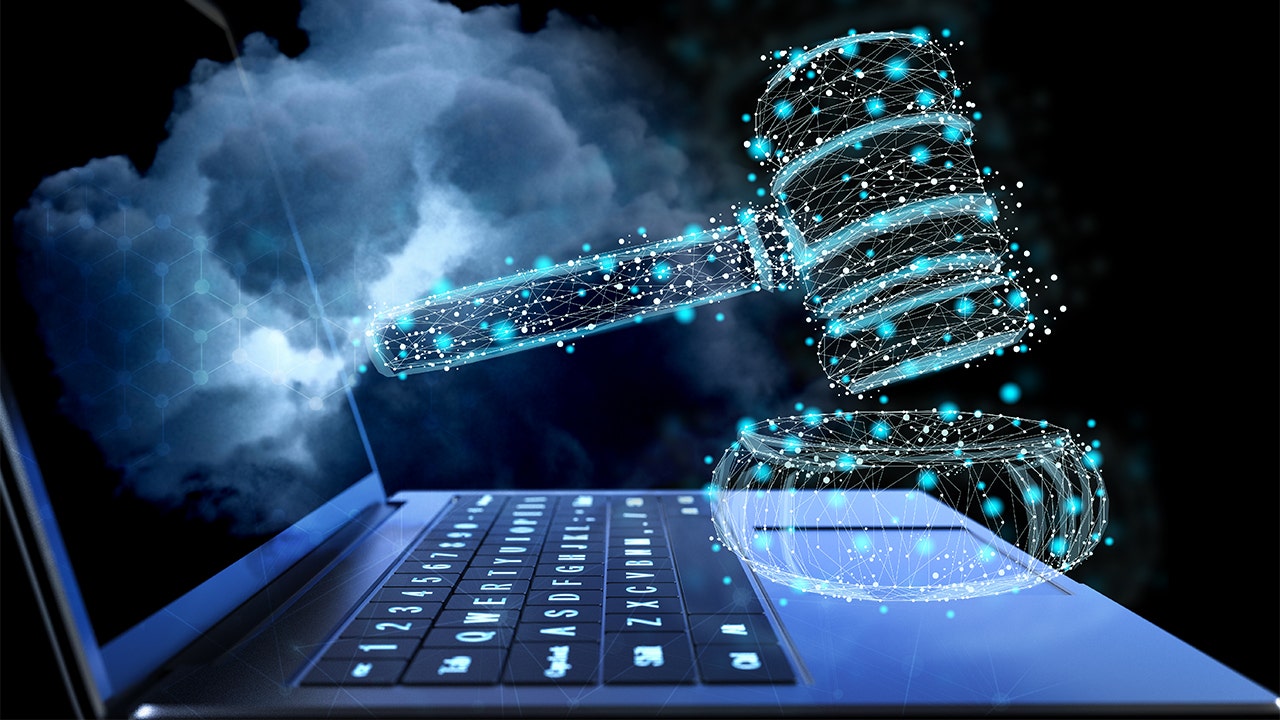The Impact of AI on Legal Proceedings: Errors in Recent Court Rulings
The integration of artificial intelligence (AI) into various professions is no longer news; however, its ramifications in the legal field are now coming under scrutiny. Recently, two U.S. judges retracted their rulings after discovering significant errors in the filings, raising questions about the reliability of AI-generated content in legal contexts. This article explores the implications of AI’s presence in legal research and submissions, focusing on two notable cases that exemplify the growing concerns.
Notable Court Cases Highlighting AI Errors
New Jersey Case: Judge Neals and Securities Fraud
In a significant move, U.S. District Judge Julien Neals in New Jersey withdrew his denial of a motion to dismiss a securities fraud case. The judge acted upon revelations from attorneys, who pointed out that the decision relied on filings marked by “pervasive and material inaccuracies.” Among these inaccuracies were fabricated quotes and incorrect references to case outcomes.
The lawyers highlighted numerous instances of “hallucinated” quotes—a term used to describe AI-generated text that presents false information as if it were factual. Such errors not only prompted Judge Neals to reconsider his ruling but also illustrated the potential dangers of over-relying on technology without adequate verification.
Mississippi Case: Judge Wingate’s Revised Ruling
Similarly, in Mississippi, U.S. District Judge Henry Wingate had to retract a temporary restraining order that paused the enforcement of a law prohibiting diversity, equity, and inclusion programs in public schools. Attorneys alerted the judge to serious inaccuracies in the submissions, claiming that some declarations referenced did not exist in the case records.
Wingate’s revised ruling came after recognizing that the erroneous filing, influenced by AI, severely compromised the integrity of the court’s process. A source familiar with the matter noted the unprecedented nature of such inaccuracies in a legal setting, emphasizing the urgency for legal professionals to scrutinize the materials they submit.
The Consequences of AI Errors
The errors observed in these two cases are not isolated incidents but part of a concerning pattern. The misuse of AI-generated content in legal filings can lead to significant repercussions for both attorneys and clients. Legal professionals are held to high standards regarding the accuracy and truthfulness of all submitted materials. This responsibility is outlined in the guidance from the American Bar Association, which stresses that lawyers must ensure that any AI-generated content is verified before its use.
In recent months, judges have increasingly begun sanctioning law firms for AI-related errors. For example, a federal judge in California imposed a $31,000 penalty on attorneys who relied on AI for research and writing without proper verification. Another case in Alabama saw three attorneys facing sanctions for submitting erroneous filings generated by ChatGPT.
The Rise of AI: Adoption Among Younger Workers
The growing reliance on AI tools extends beyond the legal field, reflecting a broader trend among younger professionals. Data from the Pew Research Center indicates that approximately 34% of U.S. adults have used ChatGPT, illustrating a remarkable rise in AI adoption since 2023. Among employed individuals, the proportion using AI for work has surged by 20 percentage points in just a year, while 58% of adults under 30 report having utilized these systems.
This uptick raises questions about the wisdom of employing AI as a substitute for traditional research and writing methods. Although AI can facilitate some processes, its unreliability in specific contexts—especially in legal matters—calls for diligent oversight.
Ethical Considerations in AI Utilization
The ethical implications of using AI in legal practice are vast. With the responsibility to maintain accurate records and uphold the integrity of court filings, lawyers must scrutinize the content generated by AI tools. The American Bar Association emphasizes that any inaccuracies, whether human or AI-generated, compromise legal obligations.
Given the judiciary’s increasing awareness of AI errors, legal practitioners may face stricter scrutiny moving forward. As demonstrated in various cases, the line between reliance on technology and accountability becomes critical in maintaining a just legal system.
The implications surrounding AI utilization in the courtroom are profound and multifaceted. Legal professionals are urged to tread carefully as they integrate these technologies into their workflows, ensuring that they uphold the standards of accuracy and veracity integral to the legal profession.



